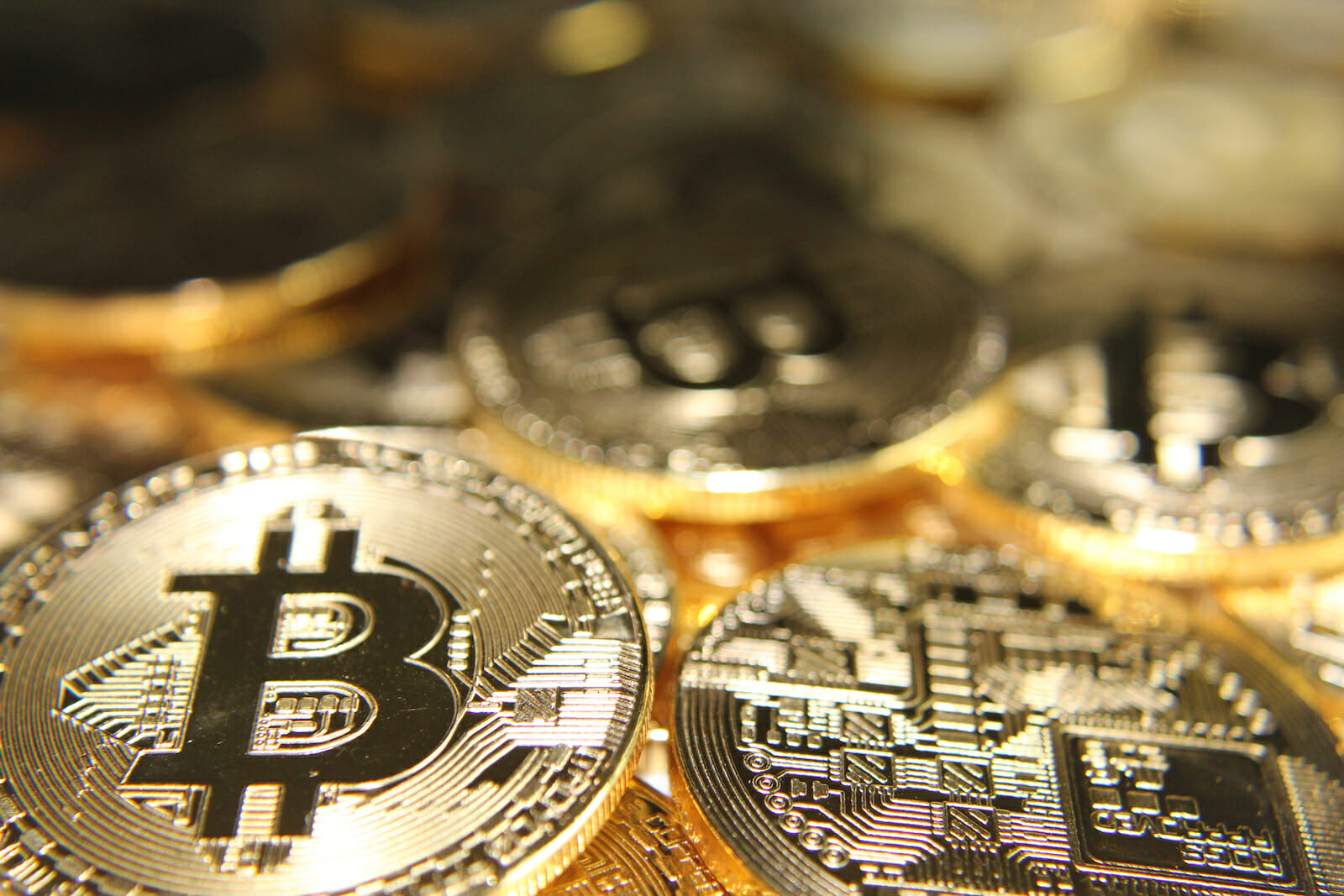
Business
A Radical Proposal to Save Bitcoin – Bitcoin Mint
Those who have followed me may think I see no value or place for bitcoin, but I actually do. So I’ll lay out my thoughts about how to rescue it and turn it into a currency that is stable and changes things. I don’t think it is possible to invent an electronic unit of exchange and store of value that won’t have bitcoin’s serious problems without bringing the state’s power to create money into the picture. It can’t support reserve banking, it can’t be created as needed to support a serious economy, it is subject to hoarding, and it is vulnerable to attack. In addition, bitcoins inevitably suffer attrition due to various loss accidents. I think the average loss rate for bitcoins already equals or surpasses the rate of creation.
There is no possibility that the anarcho-libertarian anti-gummint fantasy of a currency outside of the state can ever become a widespread reality. I agree with this anonymous Harvard blogger about that. (I have problems with some technicalities, but the article overall right.) My favorite quote about bitcoin’s ability to take over the world as a non-government backed currency is from Rohan Grey: “It is similar to saying ‘unless Earth is invaded by flying spaghetti aliens, we will never experience a mass movement towards global political union.'”
But Paypal and other commercial money transfer systems are not sufficient, and it is dreadfully naïve to believe they ever will be. If you doubt this, ask Julian Assange.
Until the modern world develops an electronic unit of exchange for which transfer cannot be stopped, government or commercial interests will be able to suppress voices they dislike. They will also be able to track purchases by individuals.
I have serious differences with some of Assange’s ideas. However, one must separate Wikileaks from those who violate their oaths to keep secrets. Say what you will about Julian and Wikileaks, he is probably the most effective and efficient journalist the world has ever seen. And in our culture and law, once information is over the fence into the hands of journalists, that’s it. The game is over. Do we want to live in a world where dissent and reportage can be terminated by denying access to money?
Bitcoin could become a minted fiat currency
The key to fixing bitcoin lies in standing its critical technical vulnerability on its head. By devoting sufficient computing resources, bitcoin can be taken over. Once taken over, whoever does it can do pretty much what they want with the currency. They can make as many coins as they like. That means that a sufficiently motivated government, or a consortium of governments, could do so, and thereby create a stable, managed medium of exchange.
An entity like the US Mint could always create its own digital cryptocurrency, just as Litecoin, Dogecoin and others have done. But taking over bitcoin would satisfy Misean regression, taking advantage of the current bitcoin base.
A government mint takeover of bitcoin would also be a way to fairly value the investments that certain parties have made in bitcoin. I suggest that an effort be made to peg the initial value of the minted currency based on examination of price history. Perhaps that could be seen as an unnecessary gift to those who mined the coins to start with. However, it should at least be open for debate, and in terms of cost to a mint, this would be a minimal fraction of its cost.
Taken a step further, I would propose a Bitcoin Mint be established based on computational acquisition of bitcoin by a consortium of nations. One such could be a combination of the US, Canada, and the European Union. A Bitcoin Mint could be the best course for the future of bitcoin, since such a consortium could divide computing resource fractions so that no single nation could, by itself, control the currency.
Going a step further, one could consider the possibility of a currency managed under the auspices of most of the world’s nations. It should be obvious that a multi-national Bitcoin Mint would be an entity that any nation would be able to participate in if it chose, even, perhaps, leading to a digital arms race if nations decided to vie for supremacy over the mint in order to set its value.
In either case, the concept of a supra-national electronic currency has merit, because it would need to be managed by treaty. My conception is that regular negotiations occur to determine the valuation and transactional behavior of bitcoin with involvement from the world’s central banks. Such management by treaty could implement part of the intent of bitcoin, which is to create a medium of exchange beyond the control of any single nation. And frankly, I do not believe there is any other way to do it.
Bitcoin could then be a managed currency resource with its value pegged to baskets of currencies, or perhaps defined based on Trills (trillionth fractions of GDP, again, from a basket of nations.) And the more nations were involved with managing bitcoin, the lower the probability that it would become impossible to transfer payments in order to suppress dissent. This political aspect of cryptocurrency is, in my view, it’s one real success, and we do not want to lose it. To maintain it into the future will require taking politics into account. The behavior of the UN Security Council tells us that it is rather rare that the major nations agree. I think taking advantage of this fact is the only way to save bitcoin from itself.
Predicted results of a Bitcoin Mint
A Bitcoin Mint, either national or multi-national, would instantaneously establish the currency as legal tender for payment of debts. Volatile pricing of bitcoins would cease, which would end the major incentive for hoarding. Holding on to bitcoins would, in practice, have some (very small) cost in computing resources and security, creating a built-in (albeit small) disincentive to hoarding (roughly on par with cash). Managing the supply of bitcoin properly could provide the mild inflation that stimulates investment and provides for a healthy economy.
The primary visible effect on bitcoin would be that it would no longer be a speculation vehicle, instead, it would transform into a medium of exchange and a store of value. By breaking the unification of the unit of account and the unit of exchange, the impossibility of banking with bitcoin would no longer be a problem.
There would be one purpose of a Bitcoin Mint. To add electronic cash to physical cash. Yes, doing so would allow illegal goods and services to be transacted electronically in a quasi-anonymous fashion. However, it would also make it possible for ordinary citizens to regain privacy of ordinary financial transactions, and similarly, allow merchants the benefit of dealing with cash by electronic methods. With bitcoin, no ID is required, no reversal of the transaction can occur, no significant cost for the transaction is charged back to the merchant – all significant benefits to merchants.
In addition, with a Bitcoin Mint, prevention of transfer of money to parties unpopular with governments or cabals of commercial enterprises would not occur without destroying the currency’s viability.
There is no reason why private parties could not participate in a Bitcoin Mint network. In my view, that would be a good thing to maintain, democratizing currency to a significant degree. Private individuals would not be able to control the system as they do today once governmental resources weighed in. But they could participate, and if necessary, stage protests against changes that were undesirable.

